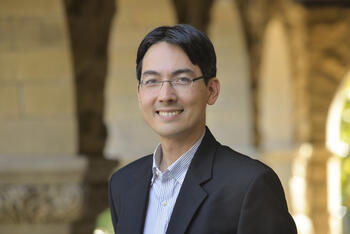Democracy and Financial Crisis
Democracy and Financial Crisis
Thursday, January 17, 201912:00 PM - 1:30 PM (Pacific)
Abstract:
Existing scholarship attributes various political and economic advantages to democratic governance. These advantages may make more democratic countries prone to financial crises. Democracy is characterized by constraints on executive authority, accountability through free and fair elections, protections for civil liberties, and large winning coalitions. These characteristics bring important benefits, but they can also have unintended consequences that increase the likelihood of financial instability and crises. Using data covering the past two centuries, I demonstrate a strong relationship between democracy and financial crisis onset: on average, democracies are about twice as likely to experience a crisis as autocracies. This is an empirical regularity that is robust across a wide range of model specifications and time periods.
Speaker Bio:

